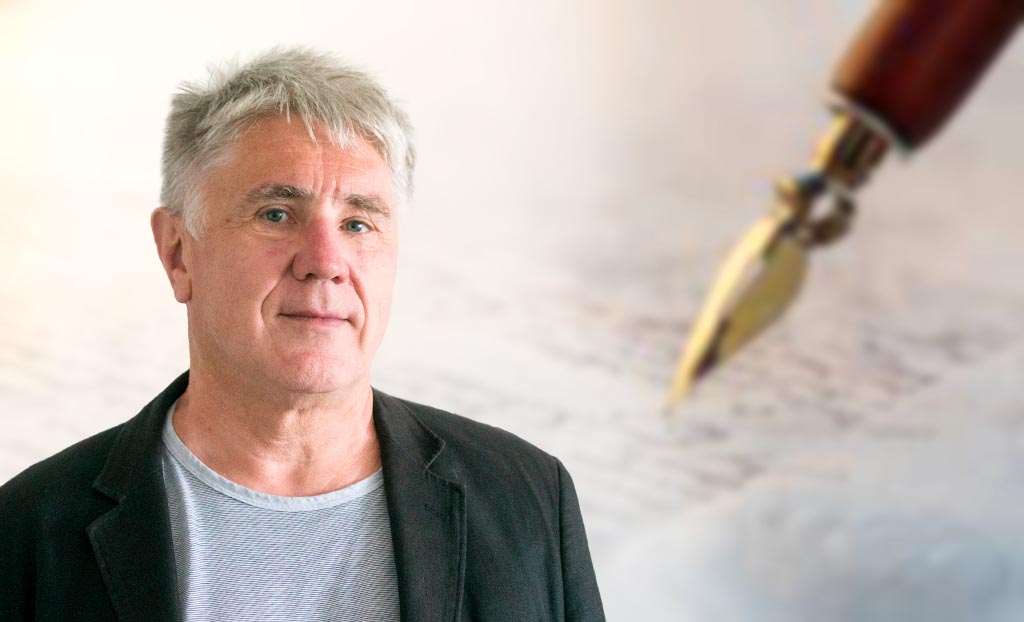
By: Miro Petek
The adoption of the new media law at a correspondence session of the Government of the Republic of Slovenia on the very last day of last year only confirmed the manner of Golob’s government.
In addition to their proverbial incompetence and vindictiveness, the current coalition has once again revealed the democratic deficit that has accompanied it throughout its mandate. While correspondence sessions are, of course, legitimate, adopting such an important law as the media law in this manner clearly reflects an intention to avoid public scrutiny as much as possible, since public attention during the holiday season is not particularly focused on politics. Such tactics are characteristic of authoritarian regimes, and Slovenia is increasingly flirting with this practice.
The law, due to its harmfulness, should be withdrawn from parliamentary procedure. However, this cannot be expected, as it was drafted with a very specific goal: buying media outlets and favourable journalists, persecuting those critical of the government, using various measures to restrict freedom of expression on social media, and ultimately enforcing complete influence and control over the media landscape through penalties. The law places us alongside Russia, China, North Korea, Turkey, Belarus, Venezuela, and other authoritarian states. It is hard to shake the feeling that Slovenian friends of Russia modelled the influencer registration provisions on that country, where, until 2017, a law required registration for accounts with 3,000 social media followers, and since last year, the threshold has risen to 10,000 followers.
The proposed media law represents a direct attack on the fundamental values of a democratic society, as it introduces tools for authoritarian management of information and content. Censorship in the form of blocking all content that does not align with government policy sets a dangerous precedent for controlling public discourse and eliminating the plurality of opinions. Punishing dissenting opinions through planned sanctions opens the door to intimidation of critical voices. The proposed mandatory registration of influencers creates a new level of control over individuals and independent creators. The draft media law is, therefore, not a law that strengthens the media landscape or protects the public interest. It is a law that seeks to subordinate public discourse to political interests.
Since we are still in the European Union, our legislator cannot erect as high a firewall as is possible in China, but they resort to more subtle methods. The range of channels for distributing budgetary funds to compliant media outlets and journalists is highly varied. The government, through financial interventions in selected media (not just media tenders but also targeted advertising by (para)state companies, which is now allegedly overseen by the Government Communication Office), determines and controls media attention. Dominant media, which have so far played a decisive role in shaping public perception – determining which topics the public should focus on – are indeed slowly losing their power. New media are gaining ground, and print media are becoming increasingly insignificant. Out of fear of losing media monopoly, the government, at the very beginning of its mandate, brutally took over RTV Slovenia, fully subordinating this public service. They finance it additionally from the budget, increasing the contribution by 10 percent. Complete servility is guaranteed. The most-watched television station, Pop TV, which also holds a dominant position in the advertising market, has been granted immunity by the Competition Protection Agency. The government also allows Pro Plus programmes to be part of the basic cable packages, which we all pay for through high subscription fees.
Then there is another false impression, claiming that the law will address ownership concentration in the media sector. It will not. The legal proposal actually only legalises the existing situation. Ownership is consolidated; during this government’s term, the most funds have gone to Odlazek’s media empire, where the Minister of Culture, Asta Vrečko, so often appears on the covers of his magazines.